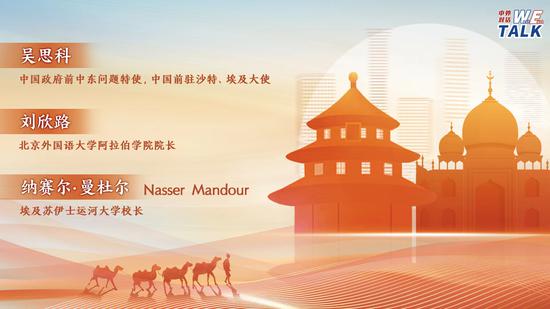
(ECNS) -- Bahrain's King Hamad bin Isa Al Khalifa, Egypt's President Abdel Fattah El-Sisi, Tunisian President Kais Saied, and the United Arab Emirates' President Sheikh Mohamed bin Zayed Al Nahyan paid state visits to China (in May) and attended the opening ceremony of the 10th Ministerial Conference of the China-Arab States Cooperation Forum in Beijing.
Since the establishment of the China-Arab States Cooperation Forum 20 years ago, mutual trust and cooperation between China and Arab countries have yielded abundant, tangible and fruitful results.
What is the significance of these visits to the development of China-Arab relations? How will China and Arab countries work together to usher in a new chapter? Facing a turbulent situation in the Middle East and around the globe, how can China enhance communication and cooperation with Arab countries in promoting regional peace and stability?
In the latest W.E. Talk, Wu Sike, former Special Envoy of the Chinese Government on the Middle East Issue and former Chinese ambassador to Saudi Arabia and Egypt, Liu Xinlu, dean of the School of Arabic Studies at Beijing Foreign Studies University, and Nasser Mandour, president of Suez Canal University, were invited to discuss the questions above.
Here's an excerpt of the dialogue:
China News Service: What is the significance of the visits by Arab leaders to China? And what are the expectations for future China-Arab relations?
Wu Sike: The opening ceremony of the 10th Ministerial Conference of the China-Arab States Cooperation Forum was held in Beijing, on May 30. The conference has played a role in connecting the past and the future. The year 2024 marks the 20th anniversary of the China-Arab States Cooperation Forum, and it is also the first conference of such scale since the leaders met for the first China-Arab States Summit at the end of 2022. Now four Arab heads of state paying state visits to China at the same time reflect their common desire to deepen cooperation and push China-Arab relations to a new level.
In the turbulent and intertwined international environment, the friendship and mutual support between China and Arab states are very valuable. And such cooperation is beneficial not only for the two sides, but also for the establishment of a more fair and just international order.
Liu Xinlu: If we say the Arab world was seeking cooperation eastward from the 1950s to 1980s with a common historical mission of national liberation and national independence as link, and the strengthening of political cooperation as the main consideration; or, we say that they were looking eastward from the 1990s to the first decade of the 21st century, taking advantage of China’s economic development as the driving force and building close economic and trade exchanges as the main consideration; then, in recent years, after a long period of turmoil, the Arab world has been "looking eastward" from a deep reflection on major issues such as its own development process, historical orientation, and relationship with the rest of the world, and thinking from the strategic perspective of the two major civilizations of Afghanistan and China working together to achieve national rejuvenation.
The Arab world plays a pivotal role in international politics, economy, culture, energy, and security, and it is an indispensable and important partner for China to promote the Belt and Road Initiative and build a community with a shared future for mankind. Faced with the accelerated evolution of the international landscape and increasingly fierce international competition, the status and role of the Arab world in China's diplomatic pattern have become more prominent.
Nasser Mandour: His Excellency, President Abdel Fattah El-Sisi, along with presidents of the United Arab Emirates, Bahrain and Tunisia, has visited China, and it is a very strong opportunity to strengthen the Arab-China relationship, especially the strategic partnership with Egypt and other counties.
And Arab countries look at China as our old and new friend. And I think for most of Arab countries, China is a very good country, including its policy, its people, its heritage and long history. So I think these are very strong visits, especially for Egypt to celebrate the 10th anniversary of the declaration of the strategic partnership between Egypt and China.
China News Service: In recent years, China's relations with many Arab countries have developed from "partnership" to "strategic cooperative relationship" and then to "strategic partnership," achieving leapfrog progress. All Arab countries have signed cooperation documents on the Belt and Road Initiative with China. In your opinion, in what other areas can China and Arab countries cooperate in the future to deepen relations and bring benefits to the local people?
Wu Sike: With the leaders guiding the way forward through head-of-state diplomacy, China-Arab relations have improved steadily in recent years. Several Arab countries have established comprehensive strategic partnerships or strategic partnerships with China. Bilateral cooperation involves various aspects, including mutual political support, mutually beneficial economic cooperation, inclusiveness and mutual learning in cultural exchanges. In particular, on issues concerning China's core interests, Arab countries have always given firm support to China.
As the first Chinese plenipotentiary representative to the League of Arab States, I started attending the Council of the League of Arab States at the ministerial level from a very early time. I noted that Arab countries had frequent special discussions on China-friendly resolutions to strengthen cooperation, and reaffirmed their firm support for China on issues concerning China's core interests. According to recent statistics, the Council of the League of Arab States at the ministerial level specially adopted the China-friendly resolution for the 44th time straight.
Besides, China has signed BRI cooperation documents with all 22 Arab countries and the League of Arab States, under which more than 200 major projects have been implemented, benefiting nearly 2 billion people on both sides. Cooperation in areas such as infrastructure, space, and digital economy has brought tangible benefits to local people.
Liu Xinlu: The "Eight Joint Actions" and "Five Cooperation Frameworks" reached by China and the Arab world are all about the future sustainable development of both sides. We can feel the enrichment and enhancement of the China-Arab strategic cooperation.
Industrialization is a threshold that the Arab world must cross in development. In this regard, the Arab countries have formulated very clear development plans, hoping for more cooperation with China in terms of capacity and technology. China is very different from Western countries, because it is willing to not only "give them the fish" but also "teach them to fish." Therefore, the Arab countries can see the benefits in a real way.
Gulf countries and North African countries all want to be self-reliant in terms of education and science and technology. They hope to make breakthroughs through cooperation with China.
In addition, China's cooperation with Arab countries, especially in tourism, has a very broad potential for development. In the past few decades, the Chinese may have known little about the beautiful Arab world, and vice versa. Over the years, the charm of China and Arab countries has been gradually promoted among people from both sides. Lately, with the help of social media, the two sides are becoming "closer", and people are more able to become spontaneously interested in each other's culture.
Nasser Mandour: We have so many areas to collaborate. For example, scientific research collaboration, student-to-student visits, investment, and trade. One of the most important areas for me is the cultural relationship between Egypt, China and Arab countries, because Egyptian, Chinese and Arabian cultures are mainly Oriental culture, so it is very important to deepen the relationship and strategic partnership in this area.
I'm quite sure that we can benefit from this strategic partnership in such areas like transferred technologies, manufacturing, investments, and free trade. I understand that we can develop such areas to promote our countries and to gain a lot of successful stories regarding China's reforming economic system.
In Egypt, we have the Suez Canal, and we have so many economic zones. So, BRICS is a very important issue for the Egyptian side, and we are so proud to join such a strong community. This opportunity can open very new and strong avenues for our Egyptian economic system. It can open a lot of new markets, realize technology transformation, exchange of scientific research and student-to-student visits.
China News Service: The spillover impact of the Gaza–Israel conflict is expanding. Under such circumstances, what constructive roles can China play to contribute to regional peace and stability?
Wu Sike: In the face of profound changes in the Middle East, China has always firmly supported Arab countries in strengthening strategic independence, unity and self-reliance, and in pursuing development paths suited to their own national conditions. China has repeatedly expressed opposition to interference in other countries' internal affairs.
At present, the protracted Palestine-Israel conflict has caused a serious humanitarian crisis. Under such circumstances, China has made unremitting efforts to call for a ceasefire and end of fighting at an early date, prevent spillover of conflicts, and promote a political settlement of the Palestinian issue through dialogue and negotiation. China's efforts are highly consistent with the position of Arab countries, and the two sides have maintained close and multi-level communication and coordination. The Arab countries have also highly appreciated the role China played during this period.
Liu Xinlu: The Global Security Initiative, security architecture, and proposals put forward by China to address the Israel-Palestine conflict have been widely recognized and highly appreciated by Arab countries and Middle Eastern countries. It is because these initiatives have been in accordance with the strong aspirations of Middle Eastern countries for peace, stability, and development, while providing China's wisdom and solutions for them to maintain regional peace, eliminate the root causes of suffering and achieve long-term stability.
To answer the "Middle East question", a broad mind, a wide perspective, and great wisdom are required. China's new security architecture to address Middle East conflict is proposed from the perspective of building a community with a shared future for mankind. The idea is to take the new vision of security as the guiding principle, mutual respect as a fundamental requirement, indivisible security as the important principle and building a security community as the long-term goal, to embark on a path to security featuring dialogue over confrontation, partnership over alliance, and win-win outcomes over a zero-sum game, which demonstrates the macro thinking of top-level design while encompassing a microscopic approach to tackling tangible concerns.
Nasser Mandour: China can play a crucial role in overall stability, not only the Middle East stability.
China is one of the few countries in the world believed not to intervene in the internal issues of other countries. Every country has the right to solve their issue by their own system. For Iran and Saudi Arabia, the bilateral relationship is going to be win-win.
We hope that China and other countries can play a very strong role in achieving a ceasefire in Palestine and Gaza.
China News Service: China has successfully promoted the resumption of diplomatic relations between Saudi Arabia and Iran, which has triggered a wave of reconciliation in the Middle East. How do you see China's role in this? Some analysts say that behind the "wave of reconciliation" is the rising willingness of Middle Eastern countries for strategic autonomy and the strong desire of many parties to get rid of the influence of U.S. policy in the Middle East. How do you see this?
Wu Sike: In 2023, Saudi Arabia and Iran reached a historic reconciliation in Beijing, which has exerted a positive impact on the Middle East region and brought about a wave of reconciliation. China's facilitating role in this process has won positive comments from all sides. Such diplomatic achievement is in line with the aspiration of regional countries in the Middle East in pursuit of stability and development. It is also in line with the trend of the world today to resolve issues and seek peace and development through dialogue.
Faced with changes unseen in a century, countries in the Middle East have developed a growing desire for autonomy. At the same time, America's ability to manipulate the region is weakening. In other words, from the perspective of the strategic orientation of countries in the Middle East, they hope to achieve reconciliation in the region and create a more peaceful and stable environment, so as to concentrate their own strength and accelerate innovative development.
Liu Xinlu: Western countries are trying to control the Middle East in order to continue their own hegemony, and these countries either regard the Middle East as their "backyard" or a "proxy" and a forward position in confrontations between major powers. They are actually practicing unilateralism in the name of multilateralism, double standards in the name of rules, and hegemony in the name of democracy. This is an important root cause of the abstruse Middle East question.
The Arab countries are now thinking about order probably from three aspects. No.1, they yearn for strategic autonomy and are eager to get rid of the long-standing excessive structural dependence on the West. No.2, they wish to restore peace and achieve reconciliation in the Arab world and the Middle East as soon as possible and to establish an effective regional crisis resolution mechanism. No.3, they want to bring the international order back on track based on the UN Charter and the norms of international law and to create a fair and reasonable external environment for future development.








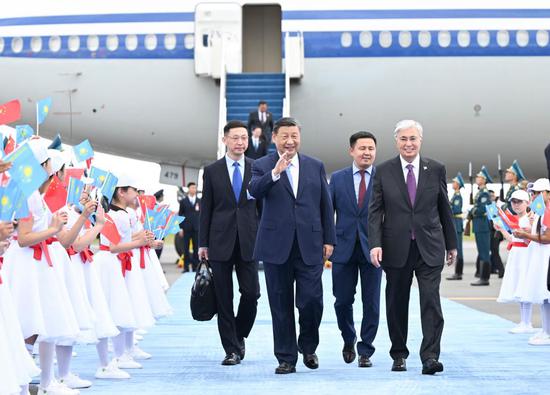
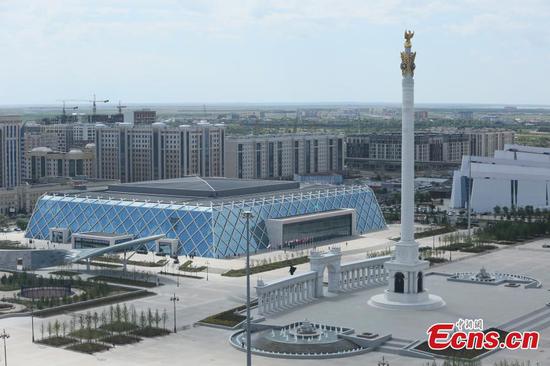
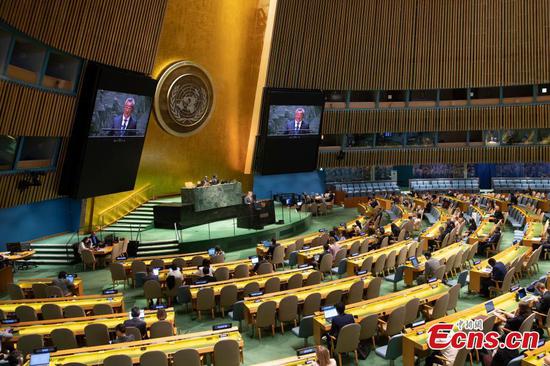

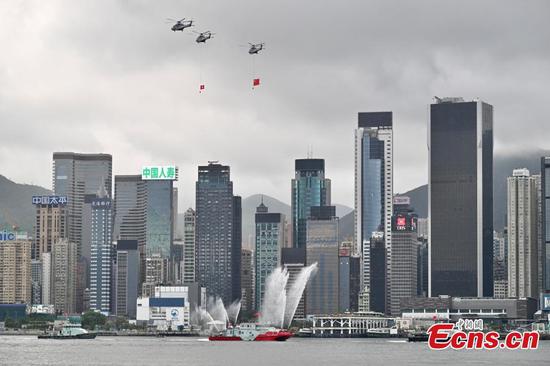
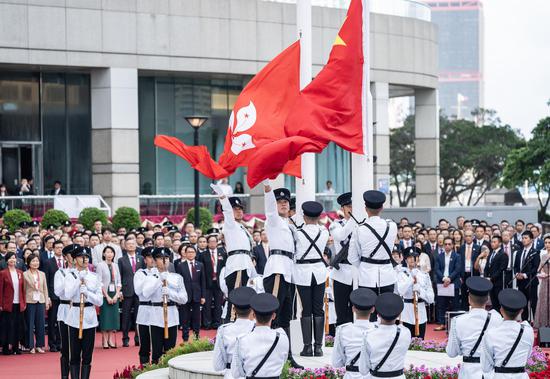
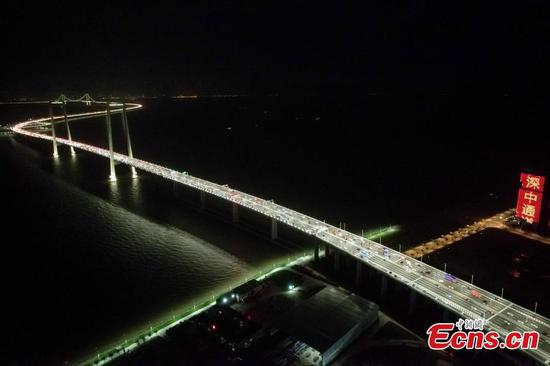
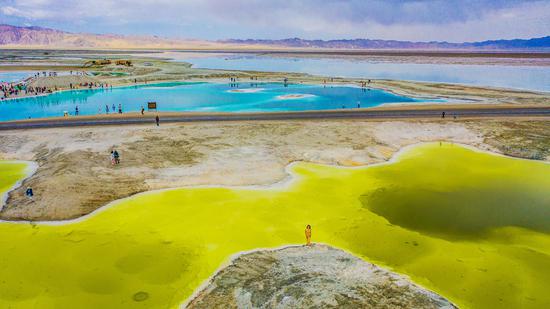
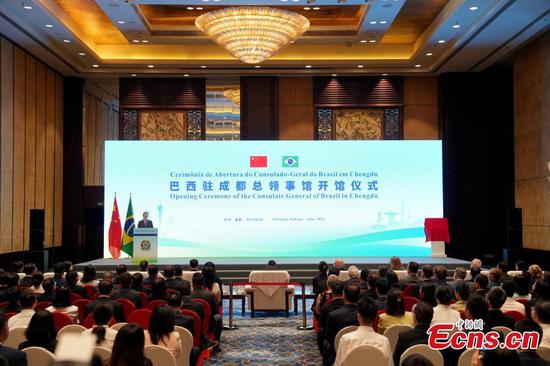
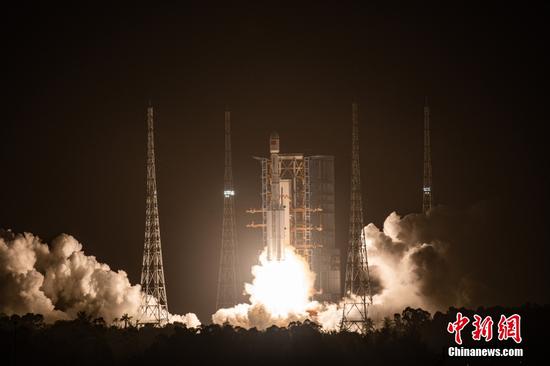
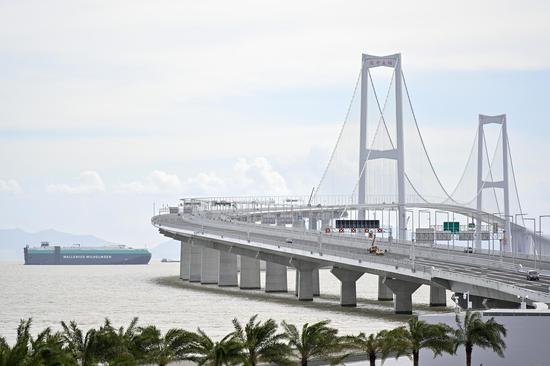
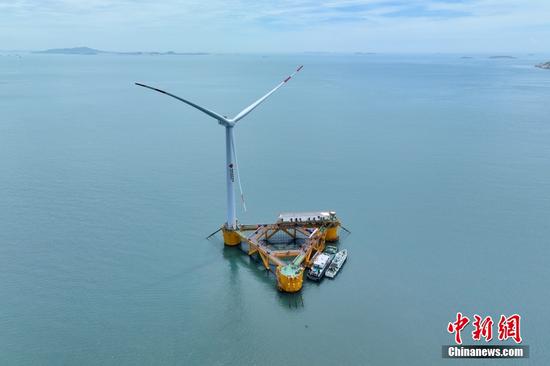

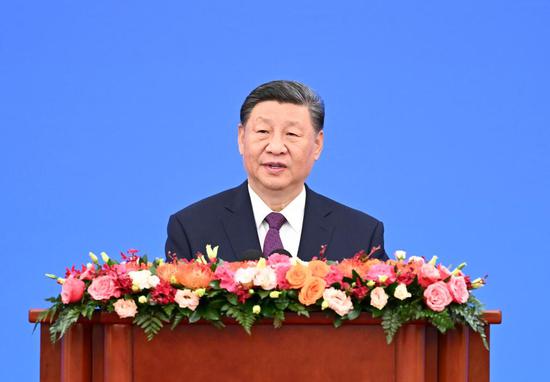
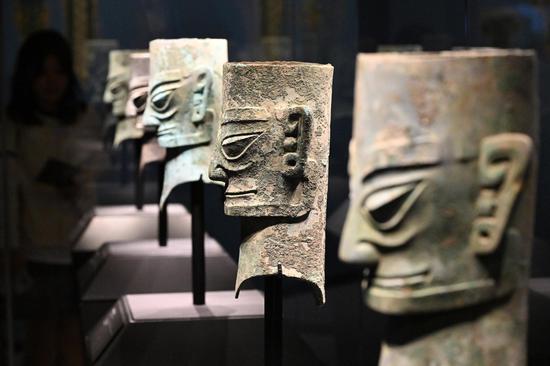
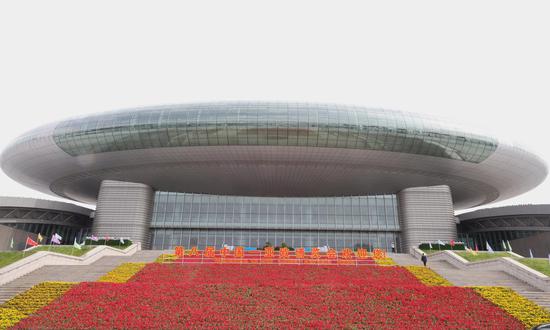
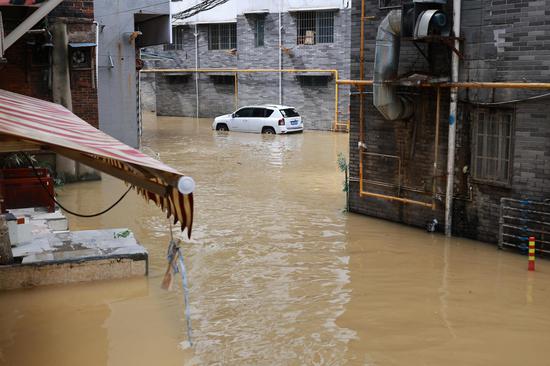
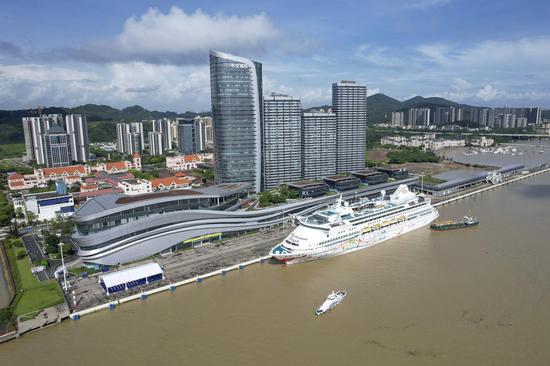
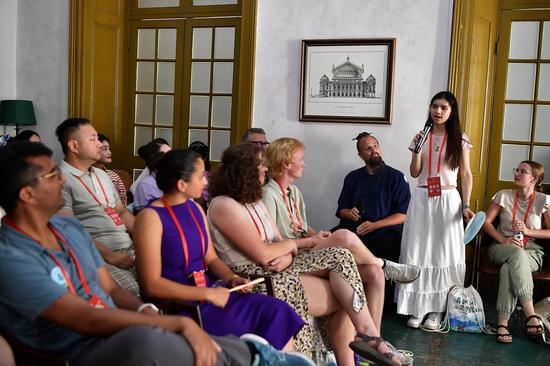
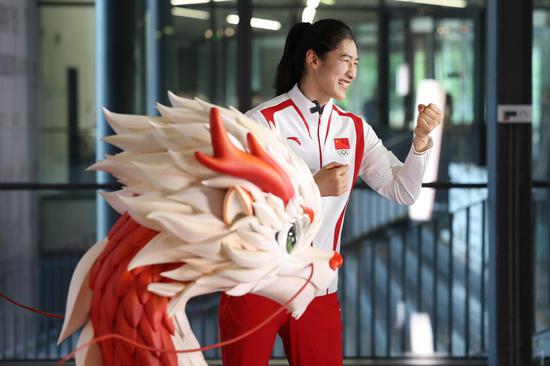
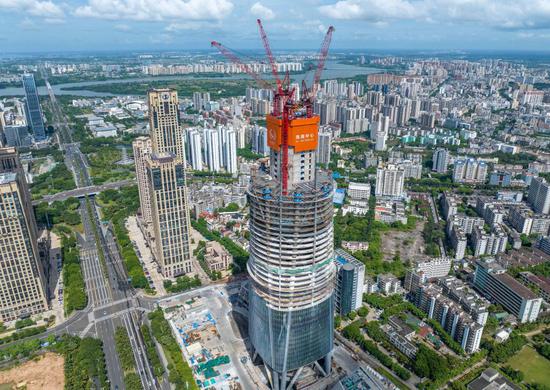

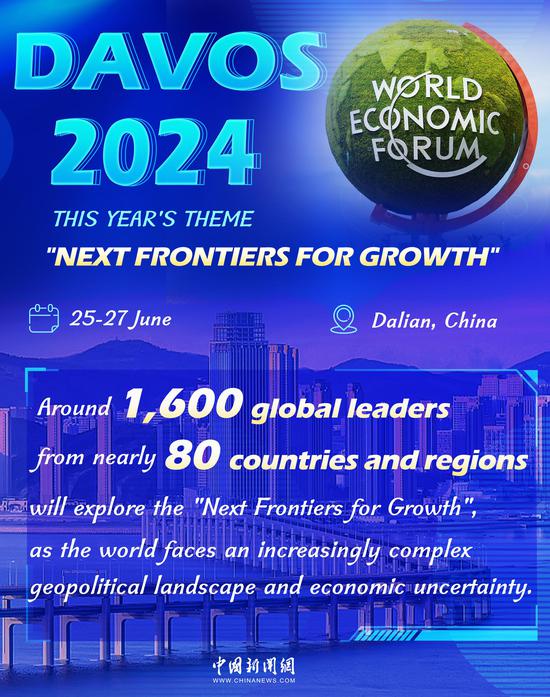
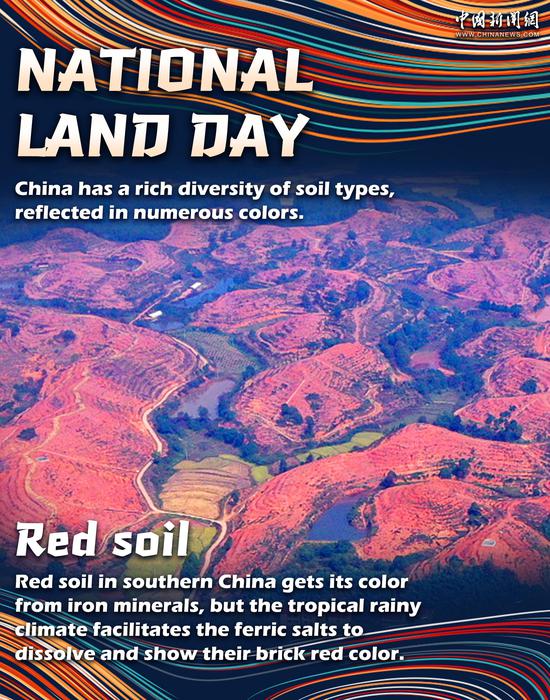
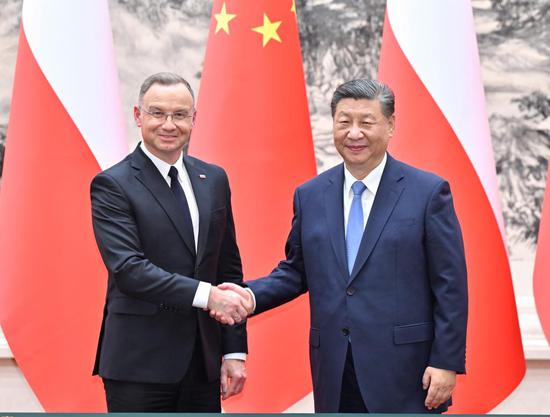
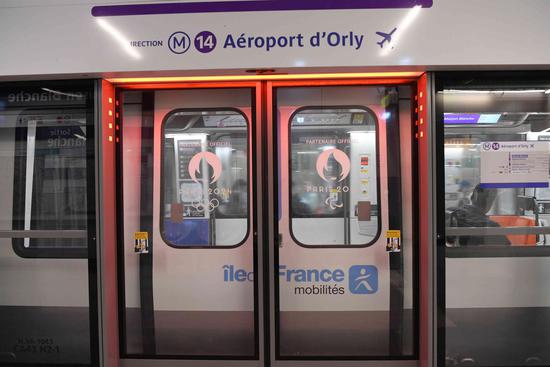


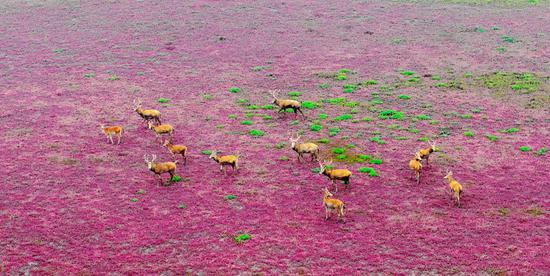
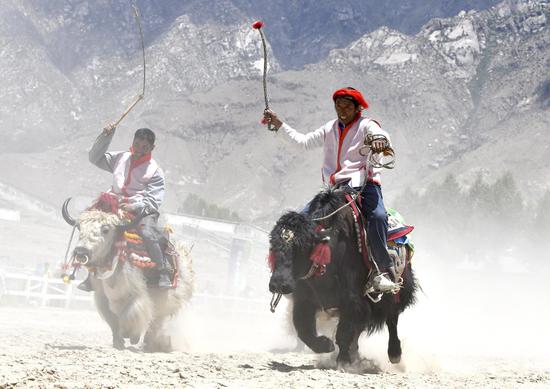
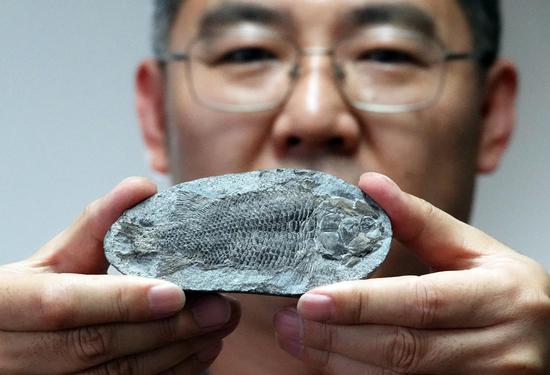
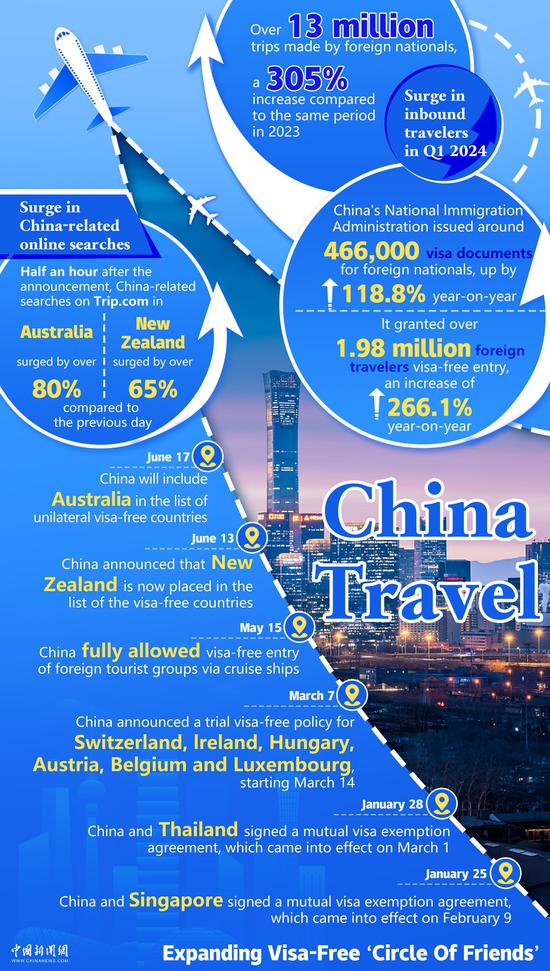



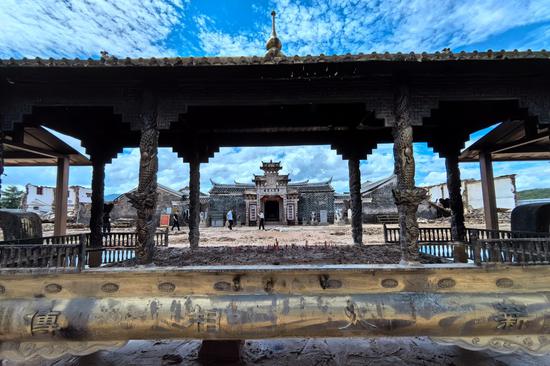
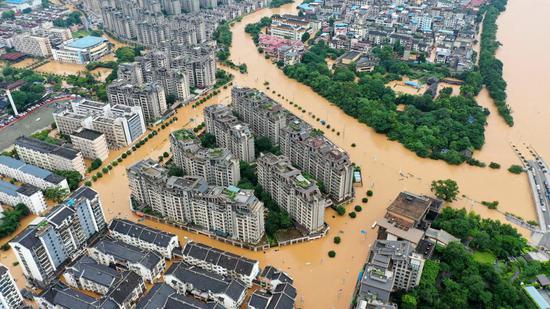





 京公网安备 11010202009201号
京公网安备 11010202009201号